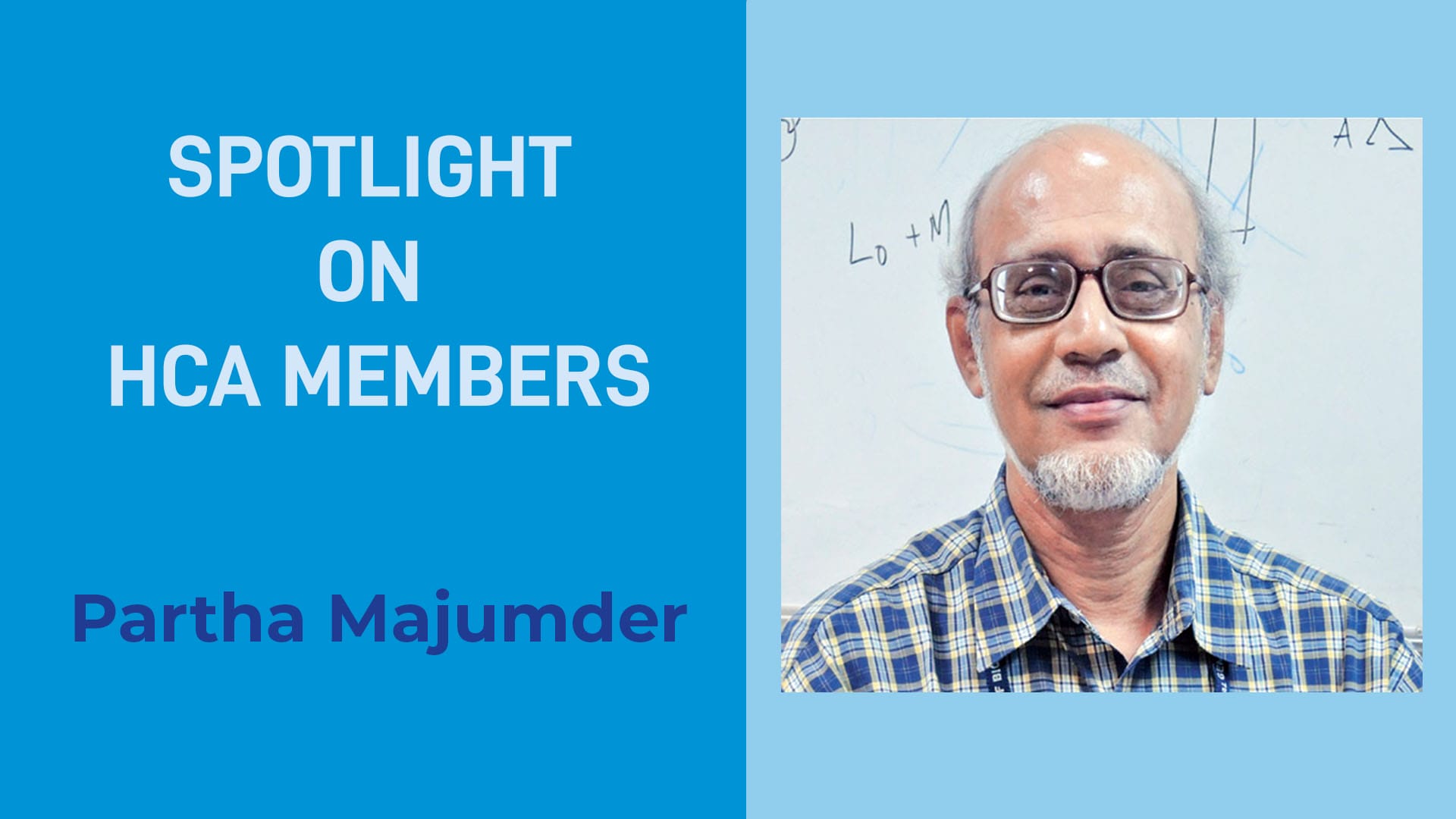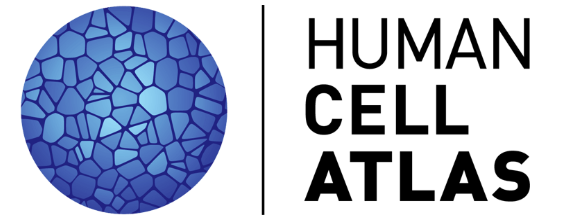Spotlight on HCA Members - Partha Majumder

In the third in a series of interviews with HCA members around the world, we hear from Partha Majumder who is the host for the 2023 HCA Asia Meeting in Kolkata, India.
Introduction
Partha Majumder is the founder of the National Institute of Biomedical Genomics (NIBMG), Kalyani, near Kolkata, in India; a Distinguished Professor of the John C Martin Centre for Liver Research and Innovation; and a National Science Chair selected by the Government of India. He is a co-Chair of the HCA Equity Working Group, a member of the HCA Organising Committee, and a member of the HCA Ethics Working Group.
After obtaining his Master’s and PhD degrees from the Indian Statistical Institute, Partha moved to the USA for post-doctoral research at the University of Texas, studying human and population genetics. He went back to India to join the faculty of the Indian Statistical Institute, then returned to the USA for a few years as a Visiting Professor of the University of Pittsburgh, before moving back to India.
Please introduce yourself and tell us about your career. How did you get involved with HCA?
My career started in statistics. I was interested in biology and I realised that genetics is a very quantitative domain in biological sciences. Since I am very interested in human health and disease, I focused on human genetics.
The International Cancer Genome Consortium (ICGC) was the first major international project I got involved in; I was the Principal Investigator from India. Through this project, I got to know many people in the international community who study the genetics of human diseases, including Eric Lander. Aviv Regev and Eric came to a meeting in Bangalore, India, in which I also participated. That’s when I heard that HCA was developing.
When I joined the HCA, I knew that the project was focused on healthy individuals to generate baseline data, a critical requirement for analysing data on individuals with disease. I was attracted to the HCA because it would provide us with a handle to understand tumour heterogeneity and facilitate a deeper understanding of human cancers. I’m very excited about the HCA, it is providing a gift to the next generation of researchers as a reference for disease.
What are you working on right now? How will this help people?
We have just completed our commitment to the International Cancer Genome Consortium, and have generated and analysed omics data from tumour and normal tissues of 500 patients with oral cancer. It is difficult to find funding from local agencies unless we propose to study disease of relevance to our country. I was able to generate some funds to study single cell diversity in oral cancers; our results will soon be published.
In addition to serving on various HCA committees, I’m now involved in two projects to study gene expressions in single cells of healthy people. In one project, we’re studying oral and nasal mucosal cells of children. Oral cavity and nasal passage are two primary routes of entry of infectious pathogens and this project is expected to inform us about susceptibilities to infections. Secondly, I’m working with the Asian Immune Diversity Atlas (AIDA) project, which is generating datasets from major Asian population groups and defining an atlas of circulating immune cell types and states. Both projects are multi-national and hence are contributing to HCA’s equity goals.
The 2023 HCA Asia Meeting will be held in Kolkata on 27-28 November, what are you looking forward to in this meeting?
I’m looking forward to good science! We are looking at the diversity of humans across Asia, and the association between genetic diversity and the prevalence of some diseases. Given that we have a common ancestry, these questions may reveal answers for many populations resident in diverse global regions.
We are very keen to network with more researchers in Asia, give them a glimpse of what is happening in HCA in Asia and help catalyse their interest in single cell genomics. I’d love more Indian and other Asian researchers, who are interested in biology or genetics, to join HCA and participate and contribute to HCA Asia growth. People can register here: https://events.humancellatlas.org/2023Asia/home.
Openness and diversity is at the heart of HCA, how is this important to you?
In India, our funding is mainly from the government with very little private funding, so we owe it to the taxpayers to be open, show the data, and share any products with them. That builds trust and also means we need to engage in more outreach programmes to explain our work and benefits. I’m so glad that private funders such as the Chan Zuckerberg Initiative and Wellcome also believe in openness and that the data should be accessible to everyone. Openness is critical for the success of science, everywhere.
We’re about to start a project on Ancestral Diversity in India. This project is very close to my heart, as I spent the first 30 years of my career looking at genetic diversity of populations in India.
Genetic diversity research gives us a clear idea of common ancestors and where we came from. Diversity also influences our susceptibility to certain kinds of illness, with many diseases clustering in different geographic areas. I spoke to the India Telegraph about this in July and of the importance of research in diverse populations to benefit all of humanity.
What do you hope HCA will achieve in the next 5-10 years?
I hope the HCA will lead to a greater understanding of human physiology! This is the best gift that HCA will be giving to the next generation. We need a broad reference atlas to provide the foundation for understanding human health and disease. More specifics will come once the foundation stones are laid, a deep, deep understanding of human disease that could lead to drug development or even prevention of disease.
What advice would you give to anyone wanting to get involved with the HCA?
I would encourage younger researchers to join HCA as understanding heterogeneity at the cellular level is the key to understanding and preventing disease. There is no better way than to participate in HCA.
Firstly, they could take membership of HCA, secondly, attend local or online HCA meetings, and thirdly read HCA papers. This will help younger scientists to meet HCA leaders and understand what is happening and what questions are being answered, and let those ideas guide future work. It’s an exciting field!
